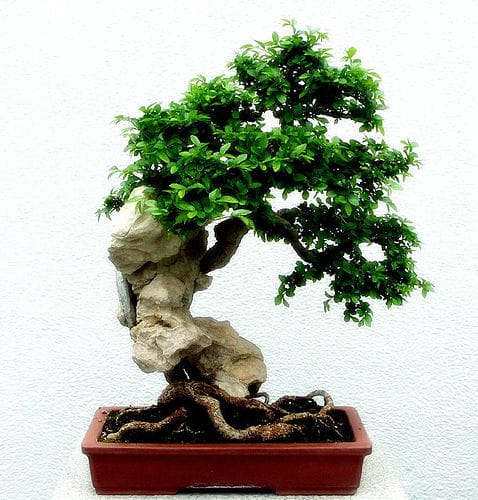Marsha Linehan, Ph.D., made a rather startling personal announcement several years ago. Linehan, the founder of DBT, a radical and brilliant treatment for those with borderline personality disorder, announced at a public gathering that she had been diagnosed and treated as a borderline patient for many years in her past, beginning at the age of 17.
“So many people have begged me to come forward, and I just thought — well, I have to do this. I owe it to them. I cannot die a coward,” she said, as she revealed her deeply troubled past to her patients, colleagues and the public at large.
Linehan’s announcement helps to explain how she pioneered such a bold, innovative and effective treatment for “borderlines”, often considered to be the most challenging and resistant diagnostic group to treat. Her own history of struggle informed the treatment she developed for this group, who are often chronically suicidal and self-destructive. It lined the path, it filled the well, it fed the vision.
Many of us tend to view our challenges as obstacles to the life we were meant to live. We would surely conduct ourselves with cheerfulness, poise, discipline and integrity if only life didn’t keep getting in the way! This perspective may be our natural default mode, but that doesn’t mean we have to buy into it. We can begin to adjust that setting with persistence and attention, introducing wisdom and courage into the equation. How do we do this? How do develop the ability to watch what we’re doing, rather than just tumbling blindly through our experience?
Ding! Ding! Ding! Our complaints provide a big cue, whether they’re spoken out loud or just grumbling through our mind. Our complaints alert us to an opportunity for growth, an area where we are resisting life as it is. Developing greater mindfulness, including the presence of mind to recognize these moments, is a lifelong practice that can open the door to fresh new possibilities.
Deliberate, mindful breathing can help us to step out of autopilot and to observe what’s actually happening. It serves as a powerful reset, as we recognize the privilege, complexity and wonder of life. It can pull us from our ideal vision of how it’s supposed to be, into our real living moment as it is.
According to Ilya Prigogine, a physicist who was awarded the Nobel Prize in chemistry, nothing grows without friction. It is a fundamental property of nature that is essential to the growth of everything. “It is precisely this quality of fragility, the capacity for being shaken up, that is paradoxically the key to growth.” If we were protected from challenge and adversity, our growth potential would be minimal.
Marsha Linehan was shaken up at the deepest level and she found a way to go beyond her challenges. “I suppose it’s true that I developed a therapy that provides the things I needed for so many years and never got . . . I was in hell. And I made a vow: when I get out, I’m going to come back and get others out of here.”
May we each discover the gifts that are inherent in our struggles. May we look for the little sparkle from the center of our challenge that reflects the gifts that are contained within.
What’s that over there? Ding! Ding! Ding! I see something sparkling under my impatience with how slowly I write. Taking a breath, I relax and smile.













